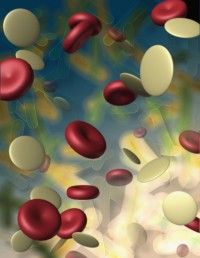
Many people view cancer as an all or nothing condition. They think that having cancer is a death sentence and successful treatment of cancer means it is completely eradicated from the body. At Issels® Center for Immuno-Oncology, we understand that each cancer patient is unique and personalized treatment protocols are the best approach. For some people, cancer is a chronic condition like diabetes or heart disease. Though the cancer may not ever go away completely, it can be controlled with treatment.
Chronic or controlled cancer
According to the American Cancer Society, a cancer that can be controlled through treatment, but does not disappear completely, is classified as controlled. Many ovarian cancers, types of leukemia, and a few types of lymphoma are controlled with treatment. These cancers continue to exist but not grow or spread to other organs. Treatment may be done as maintenance or only when the cancer starts growing.
Partial and full remission
For a cancer to be classified as in remission, the decrease in size must last for a minimum of one month. Cancer in remission is not eliminated or considered cured. When treatment results in tumor no longer being visible on a scan, it is called a complete remission or complete response. A reduction in size of at least 50 percent is called a partial response or partial remission.
Treating chronic cancer
While some cancers require ongoing maintenance treatments, some types can be kept under control through chemo when it begins to grow. Some cancers will become resistant to chemo and require other treatment options. Call Issels® today to find out more about our non-toxic immunotherapy protocols.





